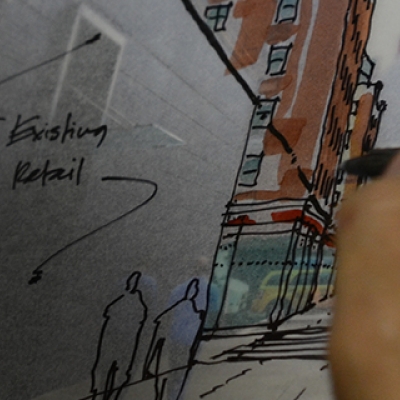
Donald L. Elliott
Don Elliott is a Senior Consultant with Clarion Associates, a national land use consulting firm based in Denver, Colorado. Elliott’s practice focuses on land planning, zoning, and international land and urban development issues.
Prior to Clarion, Elliott was Project Director for the Denver Planning and Community Development Office and was responsible for the Gateway Project and the Downtown Zoning Projects. Elliott has also served as a Democracy and Governance Advisor to USAID in Uganda for two years, and has completed international consulting assignments in Russia, India, Lebanon, and Canada. He began his career with the Denver law firm of Davis, Graham & Stubbs, where he practiced real estate law for four years.Elliott has a bachelor’s degree in Urban Planning and Policy Analysis from Yale University, a Juris Doctor degree from Harvard Law School, and a Masters degree in City and Regional Planning from the John F. Kennedy School of Government at Harvard. He is a Fellow of the American Institute of Certified Planners, a past national Chairman of the Planning and Law Division of the American Planning Association, a past president of the Colorado Chapter of the American Planning Association, a past member of the Amicus Curiae Committee and the National Policy Committee of the American Planning Association, and a member of the American, Colorado, and Denver Bar Associations. He is the author of A Better Way to Zone: Ten Principles to Create More Livable Cities (Island Press 2008).

